What drug price deregulation means for your portfolio?
The pharmaceutical sector in Pakistan has long operated under tight regulatory constraints, particularly regarding drug pricing. But in February 2024, a major shift occurred: the Drug Regulatory Authority of Pakistan (DRAP) deregulated prices for non-essential drugs. This policy change, affecting nearly half the pharmaceutical market, was heralded as a landmark moment. The question now is whether this deregulation is a sustainable growth engine or just a fleeting sugar rush for investors.
Immediate margin expansion is real
The most visible benefit has been a sharp expansion in gross margins. Following the deregulation, margins across the sector rose from 20% in CY23 to 36% in CY24, a staggering improvement that reflects the industry’s newfound pricing flexibility. For companies previously squeezed by inflation and raw material costs, this is a financial lifeline.
📢 Announcement: You can now access our services and similar analyses by opening an account with us via JS Global

Improved earnings without relying on volume
Notably, this margin expansion occurred even as volumetric growth remained modest at just 2% Y/Y. This suggests that the industry’s gains are more a result of pricing power than market expansion, raising the question of how long such gains can persist without a corresponding increase in demand.
A cautious eye on consumer affordability
With prices rising, averaging a 17% Y/Y increase post-deregulation—there are valid concerns about affordability. If consumers can’t absorb higher prices, volumes could contract, forcing companies to roll back hikes or risk losing market share. Already, DRAP is monitoring the situation closely, and a reversal of deregulation remains a real risk.
Not a free market, yet
Even with the deregulation of non-essential drugs, Pakistan’s pharma sector remains tightly controlled. Essential drugs, comprising roughly half the market, are still capped at 70% of CPI increases, with a ceiling of 7%. That leaves limited room for maneuvering when input costs spike. Moreover, bureaucratic delays in approving price increases for essential drugs add further rigidity.
Demographics and disease burden offer support
📢 Announcement: We're on WhatsApp – Join Us There!
The medium- to long-term picture remains bullish. Pakistan’s population is growing at 2.55% annually, outpacing global averages. Combined with increased urbanization, longer life expectancy, and rising diagnosis rates, this creates a solid demand foundation for pharmaceuticals, regardless of pricing mechanics.
Investor sentiment already reflecting optimism
The PSX-listed pharmaceutical sector has posted a return of 228% during CY24, proof that investors are already pricing in the upside from deregulation and improved macroeconomic conditions. Yet, the sustainability of these gains will hinge on policy stability and consumer tolerance for higher drug prices.
Proceed, but with a prescription for caution
Deregulation has undeniably improved short-term profitability, but whether it represents a structural shift or temporary relief depends on the broader policy and economic environment. For long-term investors, the focus should remain on companies with strong brand equity, operational efficiencies, and balanced product portfolios that can weather both regulated and deregulated scenarios.
Source: Optimus Capital Management
⚠️ This post reflects the author’s personal opinion and is for informational purposes only. It does not constitute financial advice. Investing involves risk and should be done independently. Read full disclaimer →



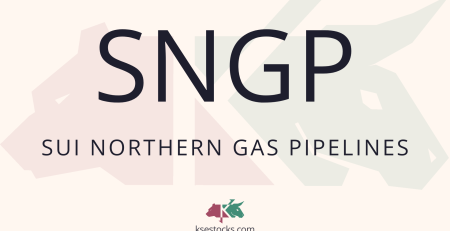
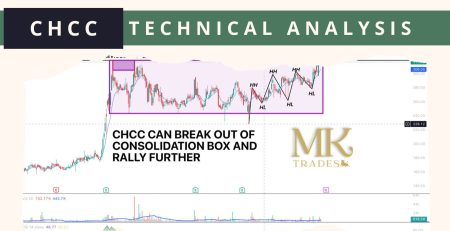
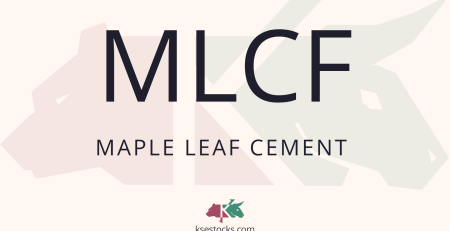
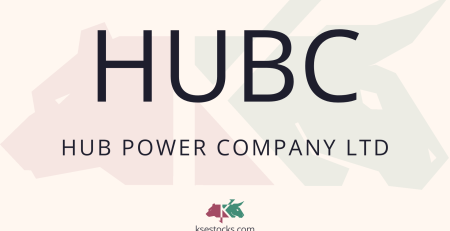
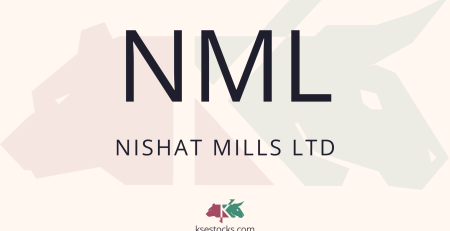
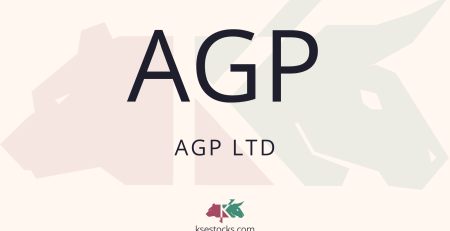
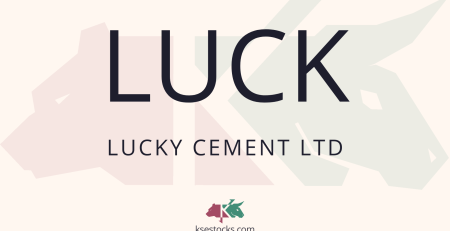

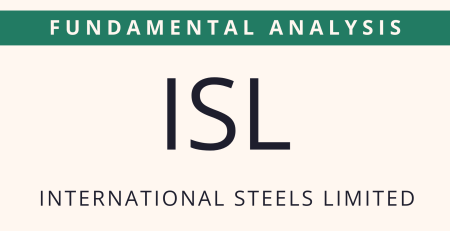
Leave a Reply